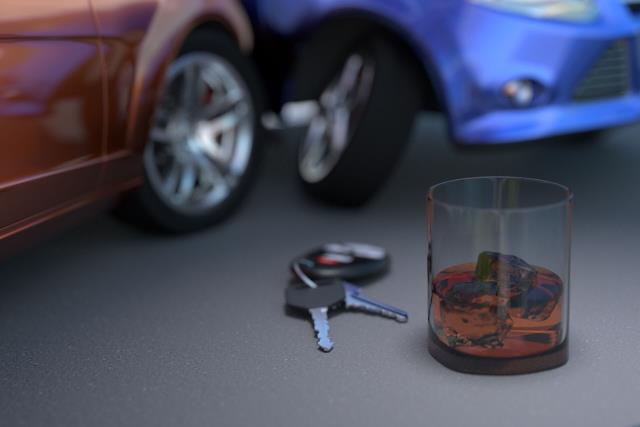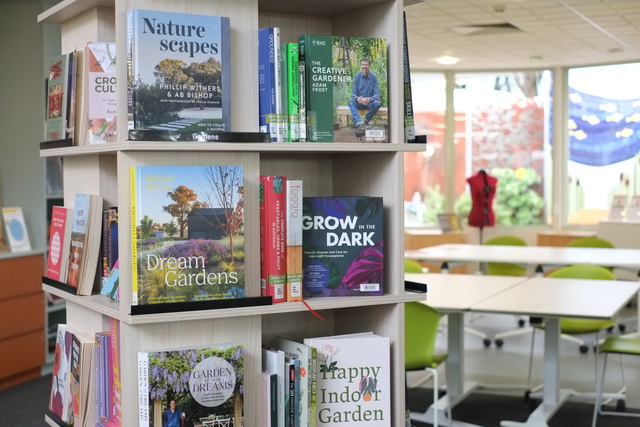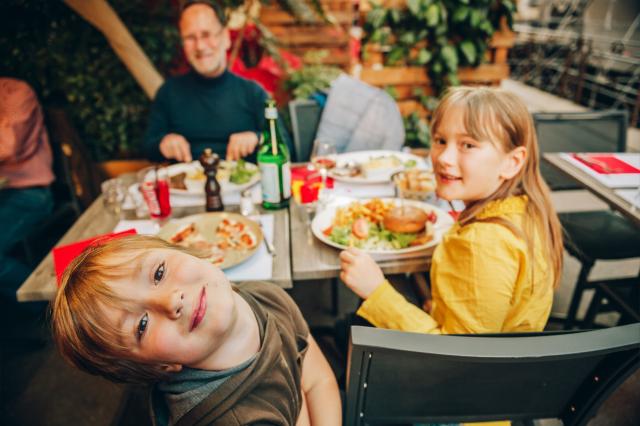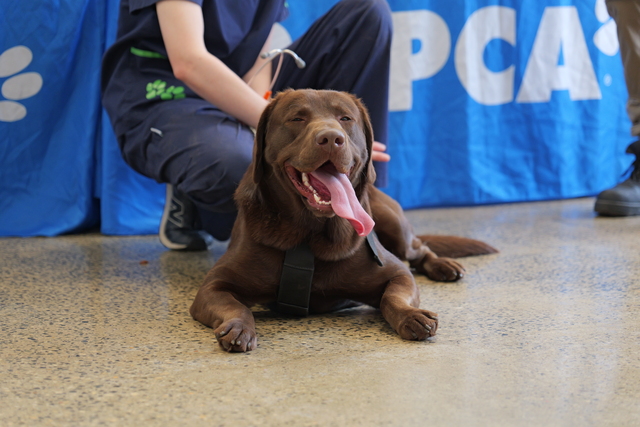By Russell Bennett
THE road to recovery after a heart scare can be a long and daunting one, but an Eastern Health program is offering support to those on the way back.
Life Links is offered to people who have finished cardiac rehabilitation but may be at risk of developing emotional and mental health problems such as depression and anxiety after their cardiac event.
The program offers patients mental and physical health support through everything from stress management and relaxation techniques to exercise groups.
Emerald 62-year-old Ed Stelling has completed Life Links. He said it completely changed his thinking about the rehabilitation process.
“Finding someone in a similar position to me through the program was fantastic,” he said.
“Making friends through exercise really makes a huge difference.”
Mr Stelling thought he was in good health before he suffered two heart attacks and then had to get a six-way bypass.
He credits the attacks as “a blessing in disguise”.
Mr Stelling has a 10-year-old son and is the primary carer of his 52-year-old wife, who has multiple sclerosis. “I wouldn’t have exercised if it wasn’t for this program,” he said.
“I had no motivation.
“But I’ve changed my whole lifestyle, including my diet and I now have an exercise regime.
“I have no doubt I’m alive, and staying alive, because of Life Links.”
Mr Stelling met Rowville resident and fellow Ed, Ed Pannowitch through the program and the pair have since become good friends.
They work out at the gym together to maintain their fitness, and often get together and chat over a cup of coffee. Elizabeth Fraser, a senior social work clinician who is part of Eastern Health’s primary mental health team, said people who attended Life Links felt reassured to be around others who had similar experiences.
“The evidence indicates that people who have had a cardiac event are at a greater risk of increased social isolation and developing depression or anxiety,” Ms Fraser said.
“Having an opportunity to discuss their cardiac event, the emotional impact of it and ways in which they can increase their coping mechanisms improves health outcomes.”
Social links at heart of health – Emerald resident Ed Stelling, left, and friend Ed Pannowitch met during their time in Eastern Health’s Life Links program. 76695
Digital Editions
-

TAC and Victoria Police launch new road safety campaign
A new campaign launched by the Transport Accident Commission (TAC) and Victoria Police highlights the risks of speeding and drink driving, and the critical role…






